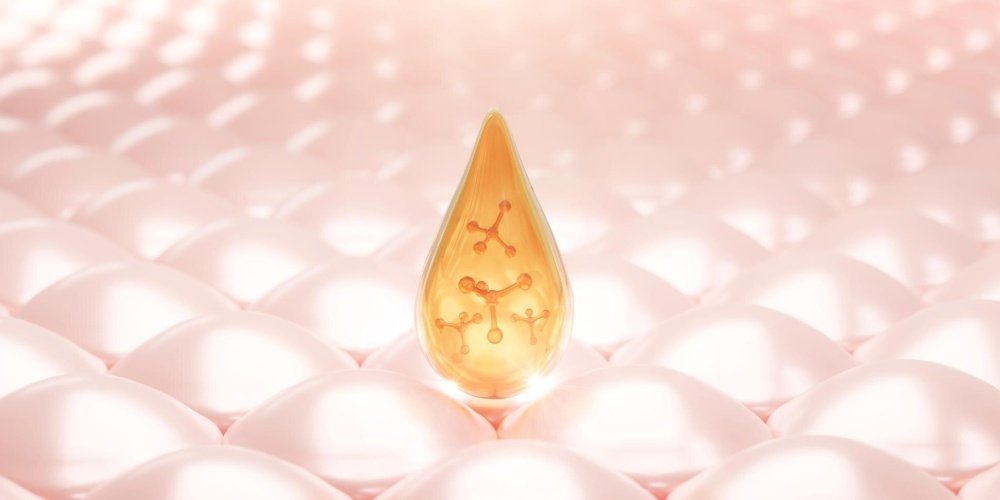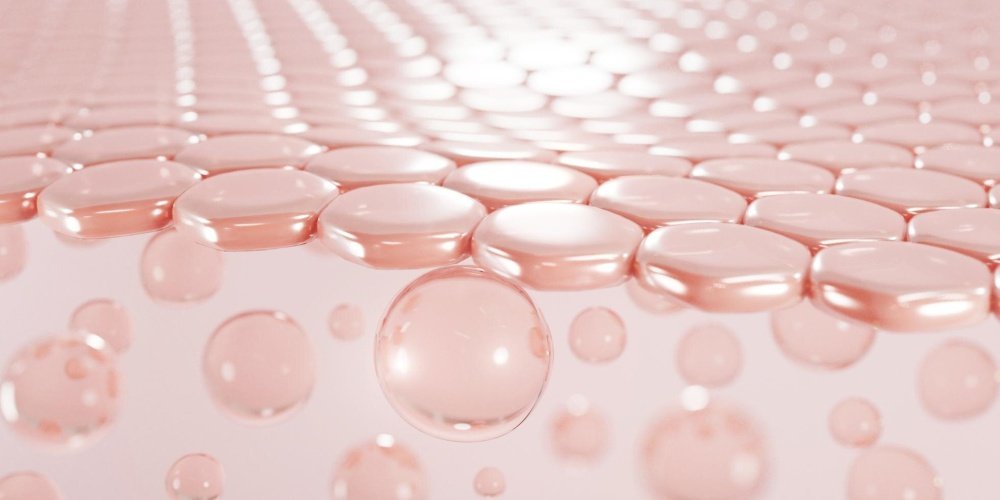Collagen, often dubbed as the “fountain of youth,” is a crucial protein that makes up a significant portion of our skin, joints, bones, and connective tissues.
It plays a vital role in maintaining skin elasticity, joint flexibility, and overall structural integrity.
As we age, our body’s collagen production naturally declines, leading to visible signs of aging and potential joint discomfort. In recent years, collagen supplements have gained popularity as a way to support skin health, joint function, and overall well-being.
We will delve into the significance of collagen, exploring its benefits, sources, potential side effects, and the importance of incorporating collagen into our daily lives for a youthful and vibrant existence.
Understanding Collagen and Its Functions

Collagen is the most abundant protein in the human body, accounting for around 25-35% of the total protein content.
It is a key component of various connective tissues, providing strength, structure, and support to our skin, bones, tendons, ligaments, and cartilage.
Collagen is composed of amino acids, mainly glycine, proline, and hydroxyproline, which form triple-helical chains and give it its unique structural properties.
In the skin, collagen fibers act as the framework that keeps the skin firm, elastic, and resilient.
It contributes to a youthful appearance by reducing the appearance of fine lines, wrinkles, and sagging.

Benefits of Collagen
Skin Health
One of the primary benefits of collagen is its ability to improve skin health and appearance.
As we age, collagen production declines, leading to the development of fine lines, wrinkles, and a loss of skin elasticity. Collagen supplements may help stimulate collagen synthesis in the skin, promoting a more youthful and radiant complexion.
Joint Function
Collagen is a crucial component of cartilage, the flexible tissue that cushions our joints and allows for smooth movement.
Collagen supplements may help support joint function and reduce joint discomfort, especially in individuals with age-related joint issues.
Bone Health:
Collagen contributes to the structure and strength of bones. As we age, declining collagen levels can lead to decreased bone density and an increased risk of fractures.
Collagen supplementation may help support bone health and reduce the risk of osteoporosis.
Gut Health:
Collagen contains amino acids like glycine and proline, which are essential for gut health.
These amino acids support the integrity of the intestinal lining and may help soothe and repair the gut lining in individuals with gastrointestinal issues.
Hair and Nail Strength:
Collagen plays a role in hair and nail health, contributing to their strength and growth.
Collagen supplements may help improve the condition of hair and nails, reducing brittleness and breakage.
Sources of Collagen
Collagen is found in various animal-based foods, particularly in connective tissues and bone broth. Foods rich in collagen include:
- Bone broth
- Chicken skin and cartilage
- Fish skin and scales
- Pork skin
- Beef tendons and ligaments
In recent years, collagen supplements derived from animal sources have become increasingly popular.
These supplements come in various forms, including powders, capsules, and gummies. Collagen supplements can be sourced from bovine (beef), porcine (pork), marine (fish), or chicken collagen.

Potential Side Effects of Collagen
Collagen supplements are generally considered safe for most people when taken within recommended dosages.
However, some individuals may experience minor side effects, such as:
- Digestive Discomfort: In some cases, collagen supplements may cause mild digestive discomfort, such as bloating or gas.
- Allergic Reactions: Individuals with allergies to certain animal proteins may experience allergic reactions to collagen supplements derived from those sources.
It’s essential to choose high-quality collagen supplements from reputable brands to ensure purity and safety.
Additionally, consulting with a healthcare professional before starting collagen supplementation is advisable, especially if you have specific health conditions or concerns.
Incorporating Collagen into Your Daily Routine

Collagen supplements are a convenient way to incorporate this beneficial protein into your daily routine.
They can be easily added to a variety of foods and beverages, including:
- Smoothies and shakes
- Coffee or tea
- Soup or broth
- Yogurt or oatmeal
Collagen peptides, a form of hydrolyzed collagen, are popular for their easy mixing and quick absorption.
They can be effortlessly blended into various recipes without altering the taste or texture.
In addition to supplementation, consuming collagen-rich foods and a balanced diet that supports collagen production is essential.
Nutrient-rich foods, such as fruits, vegetables, and protein sources, provide the necessary building blocks for collagen synthesis.
Collagen, the “fountain of youth,” is a foundational protein that supports skin health, joint function, and overall vitality.
As a key component of connective tissues, collagen plays a crucial role in maintaining a youthful appearance and optimal physical performance.
Collagen supplements offer a convenient and effective way to replenish declining collagen levels and support various aspects of health.
Incorporate collagen into your daily routine through supplementation, collagen-rich foods, and a balanced diet. Prioritize quality collagen supplements from reputable sources to ensure safety and efficacy.
Remember to consult with a healthcare professional, especially if you have specific health concerns or medical conditions.
Nourish your body with the goodness of collagen and unlock the true potential of this essential protein for a healthier, more radiant you.








